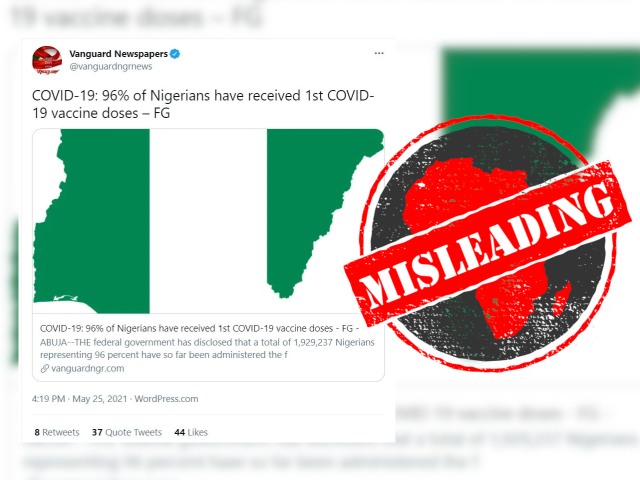In September 2019, xenophobic unrest flared up in parts of South Africa’s Gauteng province.
But a number of videos and pictures circulating online, supposedly showing the violence, are unrelated to the events.
Nigerian rapper Skales (real name Raoul John Njeng-Njeng) took to Twitter to express his concern about the violence. He shared a photo of a man on fire with his 560,000 followers.
In the photo, the man is on all fours, engulfed in flames. Two South African policemen stand behind him.
“If this pic is recent...just shows the country hasn’t recovered from apartheid !! The aftermath got them killing their own race and rebellious to the human race...shame shame #StopXenophobia #BoyCottSouthAfrica,” the tweet reads.

Africa Check looked into this image when it was shared in 2015 and also attributed to xenophobic attacks.
But the photo is not recent. It was taken during the outbreak of xenophobic attacks in 2008. It shows Mozambican Ernesto Alfabeto Nhamuave after he was set on fire outside Johannesburg.
No one was charged with his murder and the investigation was officially closed in October 2010. - Africa Check
But a number of videos and pictures circulating online, supposedly showing the violence, are unrelated to the events.
Nigerian rapper Skales (real name Raoul John Njeng-Njeng) took to Twitter to express his concern about the violence. He shared a photo of a man on fire with his 560,000 followers.
In the photo, the man is on all fours, engulfed in flames. Two South African policemen stand behind him.
“If this pic is recent...just shows the country hasn’t recovered from apartheid !! The aftermath got them killing their own race and rebellious to the human race...shame shame #StopXenophobia #BoyCottSouthAfrica,” the tweet reads.

Murder of Ernesto Alfabeto Nhamuave in 2008
Africa Check looked into this image when it was shared in 2015 and also attributed to xenophobic attacks.
But the photo is not recent. It was taken during the outbreak of xenophobic attacks in 2008. It shows Mozambican Ernesto Alfabeto Nhamuave after he was set on fire outside Johannesburg.
No one was charged with his murder and the investigation was officially closed in October 2010. - Africa Check
Republish our content for free
For publishers: what to do if your post is rated false
A fact-checker has rated your Facebook or Instagram post as “false”, “altered”, “partly false” or “missing context”. This could have serious consequences. What do you do?
Click on our guide for the steps you should follow.
Publishers guideAfrica Check teams up with Facebook
Africa Check is a partner in Meta's third-party fact-checking programme to help stop the spread of false information on social media.
The content we rate as “false” will be downgraded on Facebook and Instagram. This means fewer people will see it.
You can also help identify false information on Facebook. This guide explains how.




Add new comment